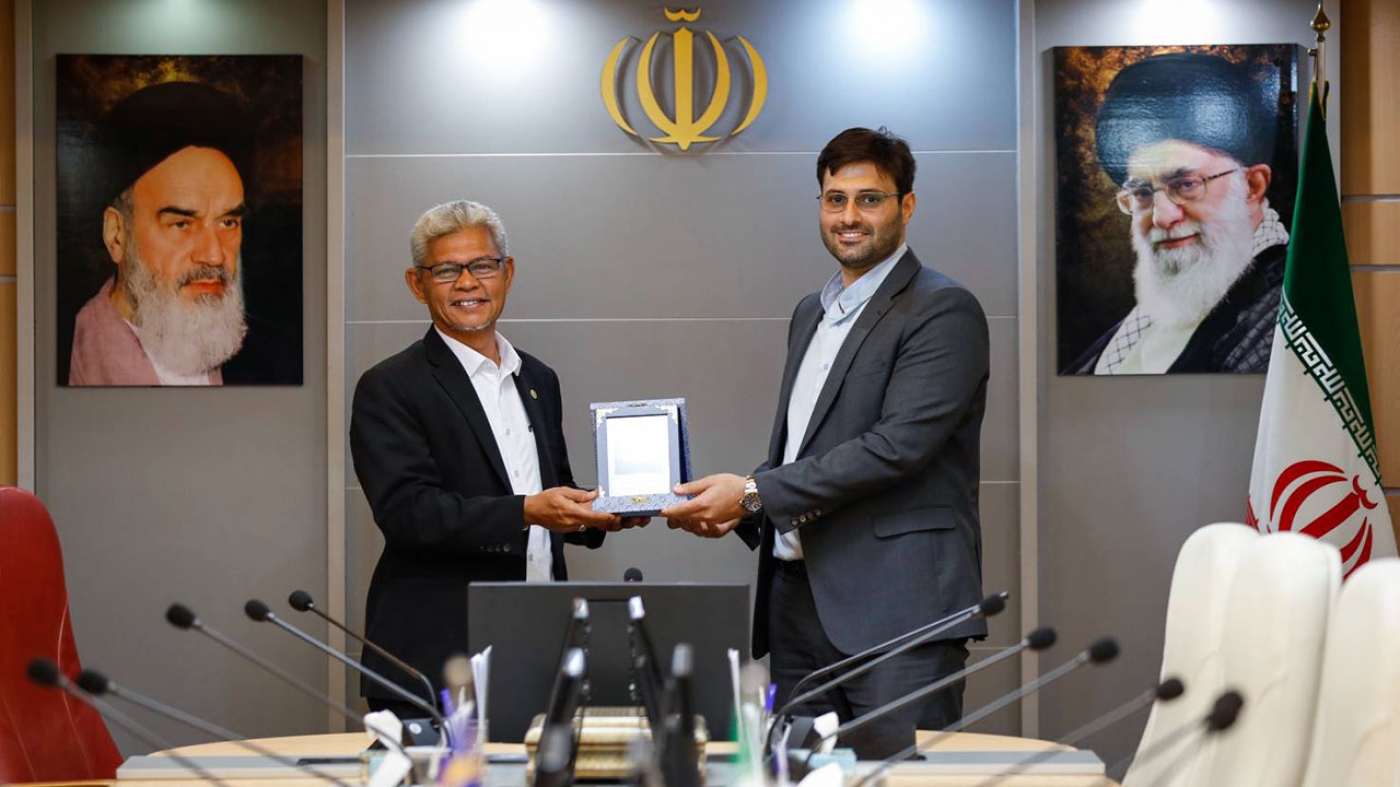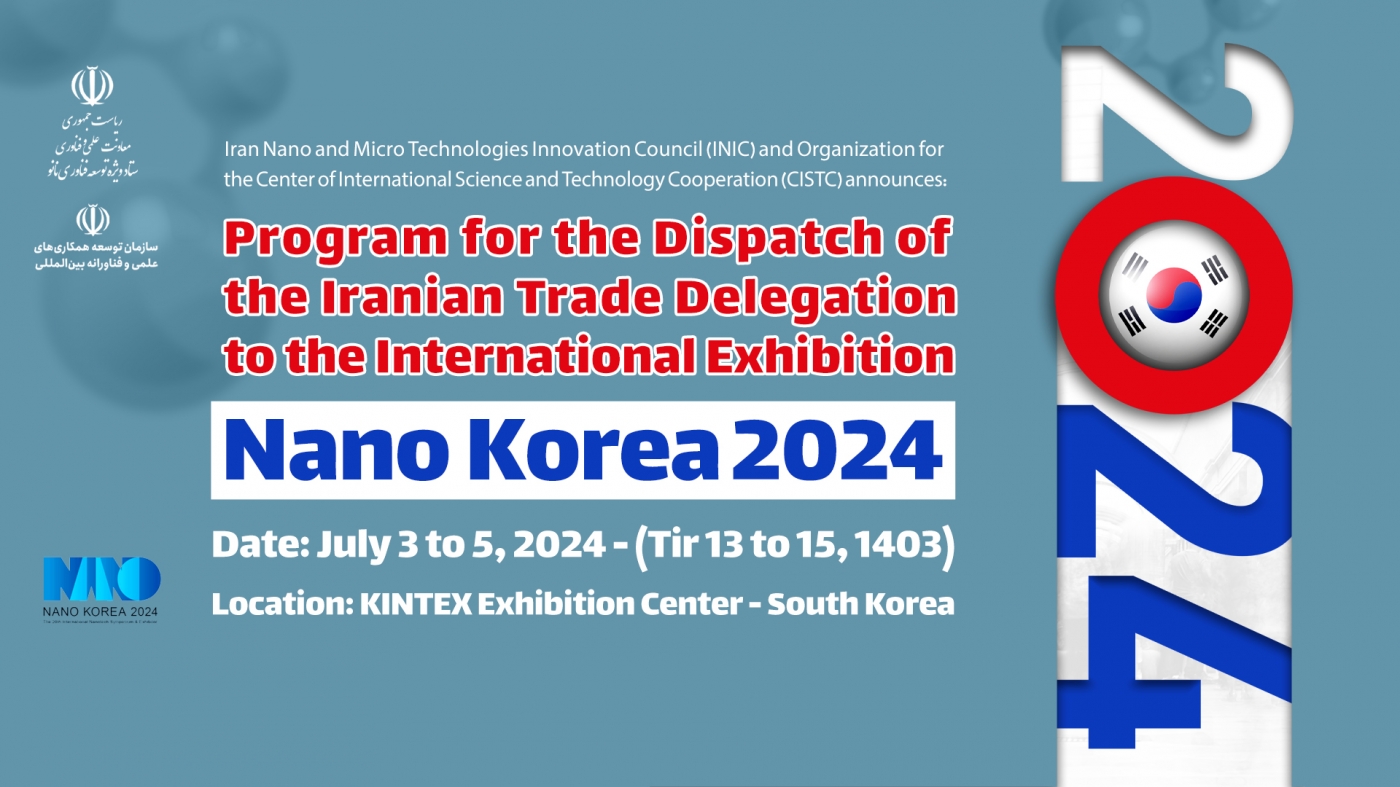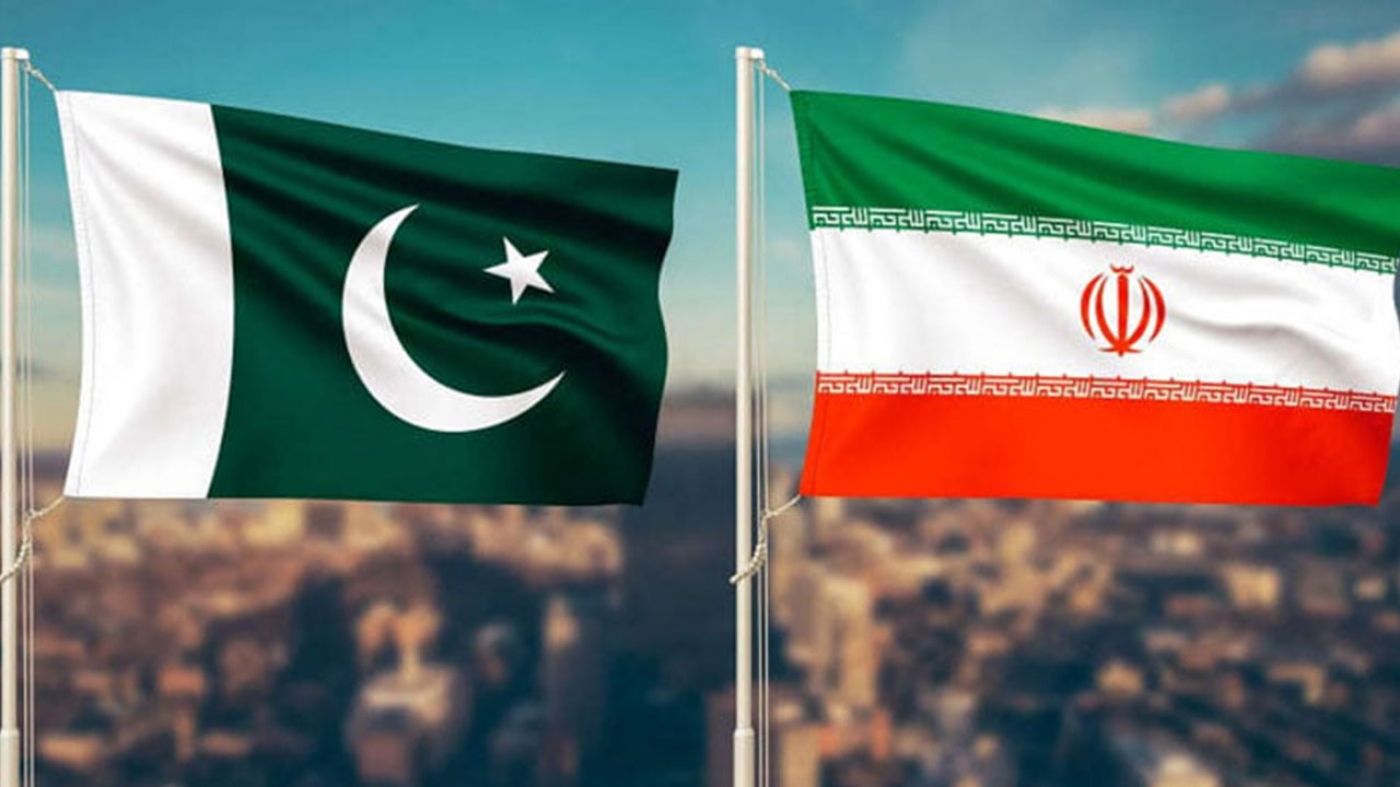
The first Asia-Europe dialogue on nano-safety and nano-product certification was held on November 28, 2017, at Tehran University of Medical Sciences, where participants emphasised on the importance of designing and implementation and adoption of coherent strategies across the globe regarding nanotechnology.
With more than a decade of scientific and technological achievements in nanotechnology, Islamic Republic of Iran is seeking to contribute to formulation of harmonized policies and regulations at international level which will affect export of nano-products. To this end, the first Asia-Europe summit on nano-safety and nano-product certification was held at Tehran University of Medical Sciences on November 28, 2017.
At the meeting, Iranian representatives proposed a direct dialogue and mutual collaboration between Europe and Asia to develop the required scientific knowledge, tools and standards for evaluation nano-products safety via a harmonized legislations and certification methodology. The aim of this strategy is to guarantee the safety and health of nano-products and build the consumers’ confidence and trust.
Prof. Saeed Sarkar, the secretary general of Iran Nanotechnology Innovation Council (INIC) mentioned assessment of nanotechnology acceptance in different societies and confidence in consumers from the nano-products safety as the main aim behind the meeting aspect. He said “Since health and safety assessments should be made before the mass production and commercialization of nano-products, INIC, at the first step, assesses the nano-products based on scale and function criteria and grants the nanoscale certificate to the applicants. Thereafter, the safety and health of the products are evaluated through a committee consisting of representatives from INIC, the Ministry of Health and Medical Education, and Ministry of Agriculture. If the safety of nanoproducts is confirmed by this committee, the "NanoNamad Certification" will be awarded to the relevant product. This certification is considered as a sign of quality improvement and becomes dedicated to the qualified nanoproducts by the Iran Standard Organization. This mark will result in better identification of high-quality products from fake ones".
During the meeting, Dr. Ali Beitollahi, the manager of INIC Standardization Committee, described the current status of the standardization and certification of nano-products in the world, and explained the challenges of this technology as follows: “European and Asian countries have taken different paths in line with their own purposes and plans on nanotechnology. Accordingly, a common dialogue is needed to formulate and develop an internationally integrated roadmap. The meeting has been held at the international level with the aim of formulating harmonized policies and strategies, because the export of nano-products in the future will be controlled by these regulations, rules and protocols".
"Iran, as one of the pioneers of nanotechnology, is seeking to provide standards consistent with international laws and create economic prosperity in nano-products market" he added.
While asking for continuation of these meetings and taking the practical measures as a perquisite for the achievement of the pre-determined purposes, he acknowledged that "EU is now involved in formulating the next-generation safety and verification regulations in the world, with a considerable help from its widespread investment in nanotechnology. In this case, EU should pay attention to the experiences, approaches and policies of the Asian countries".
Pedro Silva, a portuguese researcher active in nanomedicine sector was another speaker at the meeting, expressing hope for fruitful results out of the meeting, said, "Since the medicines are entangled with the health of people, Europe has adopted a rigorous program to certify nanomedicines. If the international environmental and safety regulations are formulated, the manufacturers’ mandate and approach to nano-based production will be clarified ".
Also, Wu, a Physics professor at Academia Sinica and a responsible authority for nanotechnology development in Taiwan gave a speech on the importance of safety in nano-products, and said: "It is essential to develop standards warranting that people can easily use the nano-products after their industrialization. We must do our best to create an integrated international standard in nanotechnology, facilitating the export and import of nano-products. Hopefully, this meeting would be an opportunity for international level experts to exchange knowledge and experience ".
"Recently, France has focused on the side effects and toxicity of nano-products and started to formulate regulations and evaluation guidelines about the environmental impacts of nano-products" said Oliver Joubert, professor in toxicology at University of Lorraine, while speaking on the significance of standards and safety aspects in nanoproducts.
It is noteworthy that a variety of guests from other countries outlined their own activities and standards and the way they cooperate with other countries at the international level. They also expressed their hope that the initiative continues and cooperation among participating parties be maintained and promoted.



